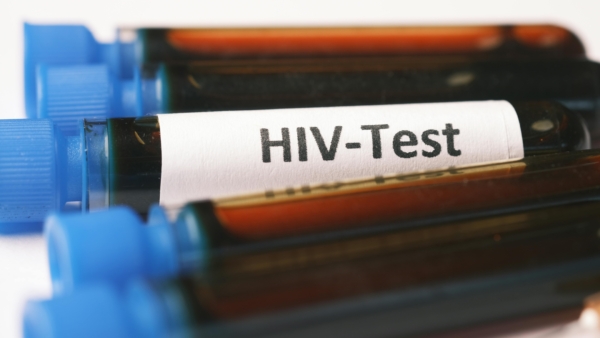
Busting the myths around HIV
The Federation is working with the National AIDS Trust to tackle the stigma of HIV and provide reassurance for colleagues around its transmission.
Over the decades, many officers have been spat at or bitten by individuals who ‘weaponise’ the virus by claiming to be infected. But the chances of acquiring HIV through spit or a bite are close to zero, and no police officer has ever acquired it in this way.
There are only three ways a person can be infected – needle sharing, sexual intercourse and breastfeeding.
PFEW National Board member Simon Kempton, who has led on the issue of communicable diseases, said: “The act of spitting at a police officer is vile, is disgusting and particularly during a global pandemic carries risks of transmitting other diseases. But we know from decades of research that it’s impossible to transmit HIV by that method, and people who threaten us with that only increase that feeling of fear and stigma.
“The Federation is keen to help colleagues understand the true risks of transmission, to help them deal with the fear factor that’s been built in unnecessarily. Knowledge IS power and helping officers to understand how negligible the risks are is important to their mental health after being assaulted.”
HIV if left untreated, attacks the immune system. However, if caught early and treated, it will not lead to AIDS which is the advanced stage. AIDS is now very uncommon in the UK thanks to effective treatment and people living with HIV can live full and productive lives with normal life expectancy.
Since HIV is now classed as a disability and a protected characteristic, it is not appropriate to record HIV status as a warning marker on police databases, except in situations like Custody where treatments might need to be administered.
DC Tracy O’Hara QPM of Merseyside Police explained: “These markers should only be on a custody record health assessment and even then, only available to those who need to know this information. So, if someone says, ‘I live with this condition and I need my medicine’ that should be on the record, but HIV status is not something the police service should be disclosing nor holding as warning markers or flags.
“It is important to note that we have colleagues living with HIV. How must they feel when we add to stigma or we store this information in such a negative way? They are never going to feel comfortable sharing their status to ensure their health is looked after. So this is not simply about our communities it is about our colleagues as well.”
More information is available at www.nat.org.uk
Look out for World AIDS Day on 1 December. This is an opportunity to show support for people living with HIV, and to remember those lost to the virus.








